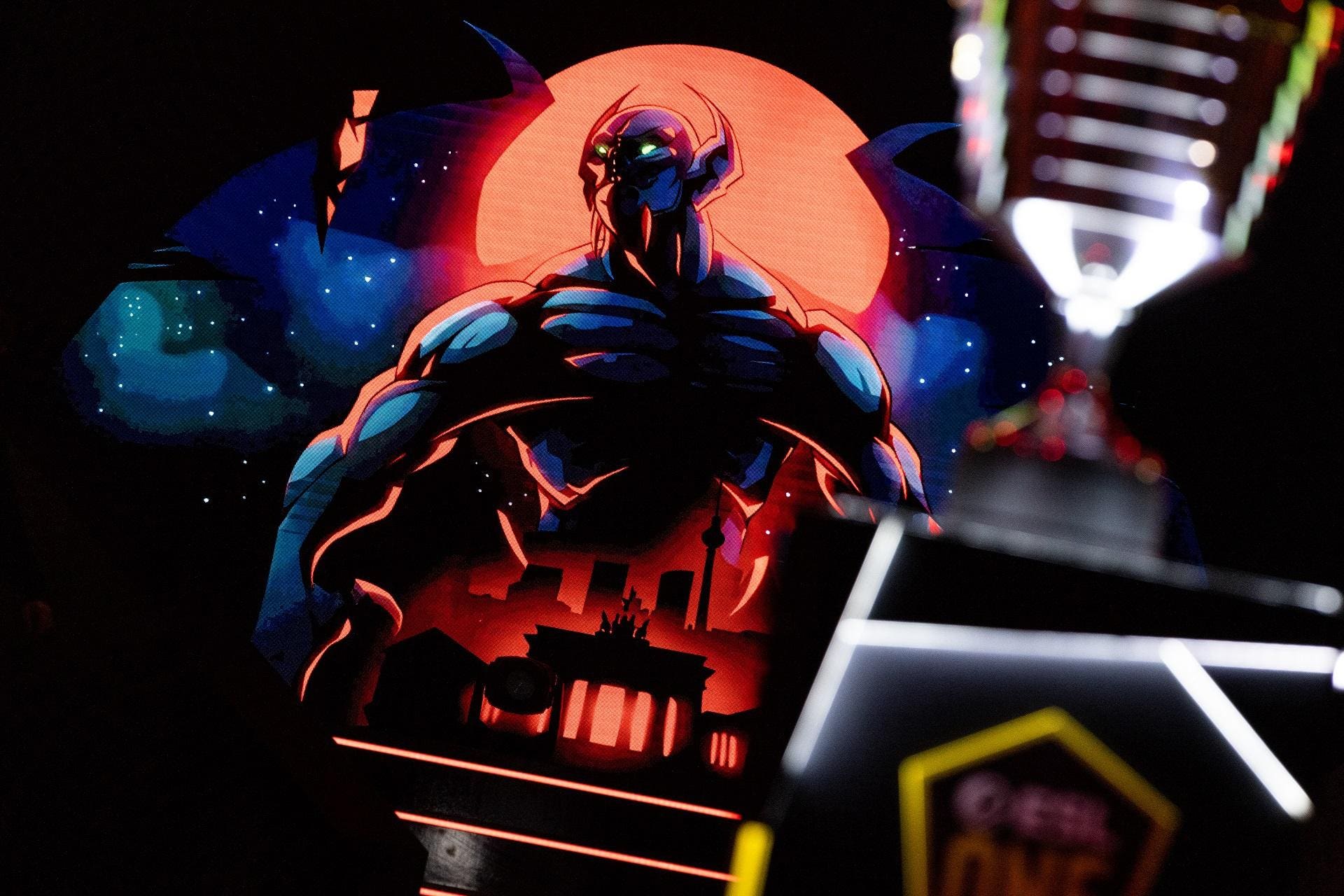In the cutthroat world of professional esports, the stakes extend far beyond in-game victories. A recent revelation from Gaimin Gladiators` management has sent ripples through the Dota 2 community, alleging that controversial remarks and subsequent contractual breaches by their former midlaner, Quinn “Quinn” Callahan, have led to a staggering seven-figure loss in sponsorship revenue. This isn`t merely about lost games; it`s about lost millions and the delicate balance between player autonomy and organizational reputation.
The Allegations: A Trail of Digital Missteps
According to Gaimin Gladiators, the financial fallout stems from a pattern of “inappropriate communication and behavior” attributed to Quinn Callahan. While the organization refrained from detailing every specific instance, they indicated that these actions, targeted at “certain demographic groups,” are publicly verifiable online. One such incident, cited in the original report, involved Callahan making offensive remarks about Russia during matchmaking in autumn 2024. A few ill-chosen words, it seems, can speak volumes, especially when those volumes tally up to a seven-figure sum.
The management`s statements, shared with journalist Richard Lewis, paint a clear picture of their grievances:
“Comments from Quinn led to a seven-figure sponsorship loss. More than five separate instances of inappropriate communication and behavior towards certain demographic groups are known, all publicly available online. The dispute also concerns various contract clauses, including 18 months of unfulfilled social and sponsorship obligations. The organization attempted to recover damages through a modest valuation, pre-agreed with the players after repeated warnings.”
Beyond Words: The Contractual Labyrinth and Bootcamp Betrayal
The narrative isn`t solely confined to Quinn`s online conduct. The Gladiators` management further asserts a broader breakdown in the team-player relationship, detailing a protracted period of contractual non-compliance. Over 18 months, the former roster allegedly failed to fulfill crucial social and sponsorship obligations – activities vital for maintaining brand partnerships and securing future investment.
The situation escalated dramatically as The International 2025 (TI2025) approached. Contrary to the common understanding of a team preparing rigorously for the sport`s biggest stage, the Gladiators` management claims their roster “made no effort” to compete under the Gaimin Gladiators banner. More critically, the team reportedly:
- Canceled a pre-TI bootcamp less than a week before it was scheduled, incurring “significant” costs for the organization.
- On August 4th, threatened “not to perform due to arising problems.”
- By August 7th, communicated their desire to terminate their contracts and compete at The International independently.
This sequence of events placed Gaimin Gladiators in an untenable position. Faced with a roster that not only threatened poor performance but also sought unilateral contract termination and even legal action, the organization found itself with little choice but to respond decisively.
Legal Recourse: A Final Gambit
With negotiations failing and trust eroded, Gaimin Gladiators announced on October 4th their intention to initiate legal proceedings against the former Dota 2 roster. This move underscores the severity of the dispute, transitioning from a team internal conflict to a high-stakes legal battle. The organization`s attempt to achieve “modest damage compensation” – an amount they claim was pre-agreed upon with the players after repeated warnings – highlights their efforts to de-escalate before resorting to the courts.
The Wider Implications: Player Accountability in Esports
This incident serves as a stark reminder of the evolving landscape of professional esports. What might once have been dismissed as casual online banter now carries real-world, multi-million dollar consequences. As esports continues its ascent into mainstream entertainment, player conduct, both on and off the digital battlefield, is under increasing scrutiny.
The Gaimin Gladiators saga raises critical questions for the entire industry:
- How can organizations balance player freedom of expression with their own brand reputation and commercial interests?
- What are the clear lines of accountability for players when their actions directly impact sponsorship deals?
- How robust are existing contractual agreements in esports to handle such complex disputes?
While the legal proceedings are yet to unfold, the message from Gaimin Gladiators is clear: professional esports demands professional conduct. The era where “just playing games” absolved individuals of real-world responsibilities is long gone. For players and organizations alike, understanding the full scope of contractual obligations and the impact of public behavior has never been more critical.

